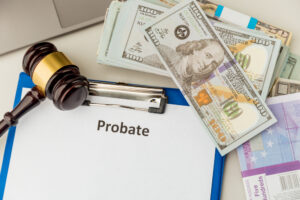Depending on which states you own assets in and how much estate planning you have done, there may be a need for supervised or unsupervised probate after you pass away.
Probate is the formal legal process for transferring your assets after you pass away, and it is important to remember that not every asset you own is part of your probate estate. However, there are sometimes situations in which non probate assets are brought into a probate estate.
Both kinds of probate administrations do require some level of court involvement, but a supervised probate situation requires much more court involvement, because nearly every action taken by the executor or personal representative must be formally approved by the court. There is much less court involvement, however, in an unsupervised probate administration, because the court will appoint a personal representative and then tell him or her to manage all of the assets by filing an inventory with the court.
At that point, the personal representative has a lot of discretion regarding following either intestate succession rules or the terms of the person’s will, and at the conclusion of this a report is submitted to the court.
The more estate planning you do, the easier it will be for your loved ones to receive the assets that you have set aside for them. contact an experienced estate planning lawyer to learn more about which assets are part of your probate estate, and how advanced planning can help your loved ones in the future.
If you need help understanding an upcoming New Jersey probate, set aside a time to meet with an estate planning lawyer to discuss your options.




